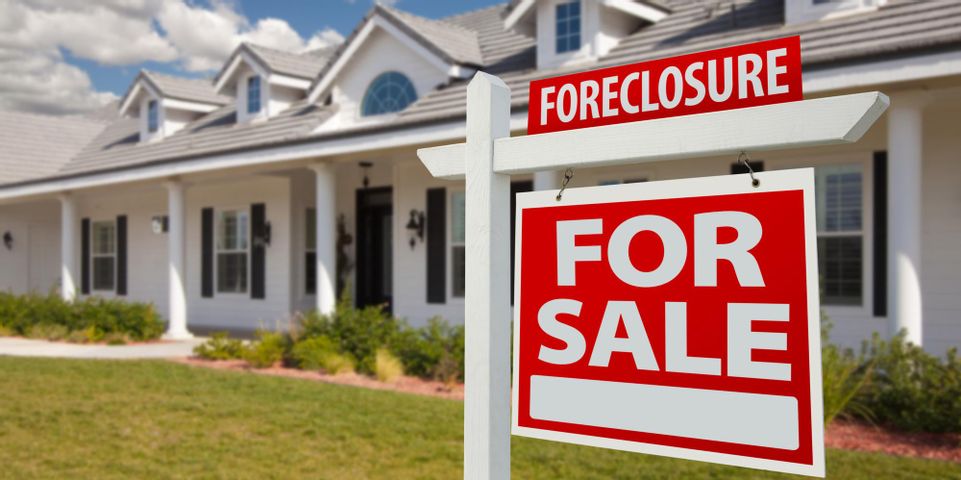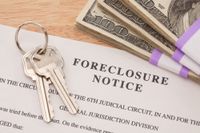
There are many reasons why real estate owners go into foreclosure, particularly during an economic downturn. When market values significantly drop due to the financial crisis, more borrowers opt to default on their loans rather than struggle with repayments. As a result, the lenders have no recourse but to foreclose mortgaged properties. Here are a few things you need to understand about foreclosure proceedings and how to avoid them.
4 FAQ About Foreclosure
1. What Is Foreclosure?
It is the legal process that allows a lender to take control of a real estate property and sell it to pay for the outstanding loan after a borrower fails to make principal and interest payments stipulated in the mortgage contract. While one missed payment won’t trigger foreclosure immediately, it is a breach of contract nonetheless.
2. What Are the Types of Foreclosures?
 There are two types of foreclosures: judicial and non-judicial. In judicial foreclosures, lenders have to file a lawsuit to obtain a court order before foreclosing. Once the property is declared foreclosed, it will be auctioned off. Non-judicial proceedings happen when a power-of-sale clause is included in the mortgage or deed of trust, allowing the lender to sell the property and use the proceeds in paying off the loan balance.
There are two types of foreclosures: judicial and non-judicial. In judicial foreclosures, lenders have to file a lawsuit to obtain a court order before foreclosing. Once the property is declared foreclosed, it will be auctioned off. Non-judicial proceedings happen when a power-of-sale clause is included in the mortgage or deed of trust, allowing the lender to sell the property and use the proceeds in paying off the loan balance.
3. How Does the Foreclosure Process Work?
How long the proceedings take depends on the state and type of foreclosure. Before the process begins, the lender will issue a Notice of Default after three missed payments. Failing to coordinate with the lender allows them to send out a Notice of Sale and begin foreclosure. Non-judicial foreclosures tend to be quicker because they don’t have to go through the court, unlike judicial proceedings.
4. Are There Options Other Than Foreclosure?
If you’re having difficulties with repayments, discuss your financial situation with the lender to work out a viable solution. Rather than foreclosing, they can adjust repayment schedule and terms as part of mortgage modification or special forbearance. Consider filing for bankruptcy or contesting the foreclosure as your alternatives in delaying the process.
If you need sound advice on foreclosure from a real estate law expert, turn to attorney Stuart R. Norman Jr. of Griswold, CT. For over 40 years, he has been representing clients across Jewett City in real estate and property law issues. Call (860) 376-0069 for inquiries or head to his website to schedule an appointment.
About the Business
Have a question? Ask the experts!
Send your question

